EU Monitor - 26th October 2021 - Broaden your knowledge with EAHP’s open learning courses
The EAHP EU Monitor is a regular round up of news relevant to hospital pharmacy in Europe.
Follow one of EAHP’s ten Open Learning Courses
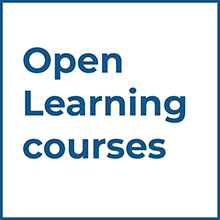
Are you interested in advancing your skills linked to management, biosimilars, medicines shortage, anticoagulants, drug monitoring or procurement? Sign up for an Open Learning Course of the European Association of Hospital Pharmacists (EAHP). Created in spring 2018, EAHP’s Open Learning Course environment offers ten different open learning courses, ranging from 1.5-hour training on specific topics to 5-hour in-depth courses.
Hospital pharmacists and other interested healthcare professionals can choose from the following courses:
- Management and Leadership
- Medicines Shortages – Causation and Approaches to Improvements
- Therapeutic Drug Monitoring as a Tool for Therapy Optimisation
- Anticoagulants - Show me the evidence!
- The essentials of biologicals – past, present and future
- Biosimilars in cancer care - the next challenge
- Anticoagulation - From theory to practice
- Biosimilars in breast cancer - the next challenge
- Facing Brexit and FMD - Is Europe ready for the double “storm”?
- Biosimilars – available yet sometimes missing – the challenge of procurement
EAHP is accredited by the Accreditation Council for Pharmacy Education (ACPE) as a provider of continuing pharmacy education. Participants of the open learning courses will be entitled ACPE credits. These credits can be obtained after the completion of the course and a short survey.
Access EAHP’s Open Learning courses via the following LINK
Get ready for EAAD!
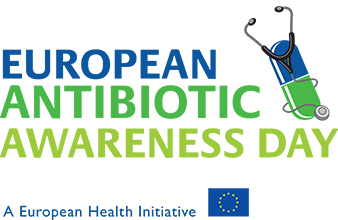
Only three weeks are left until this year’s European Antibiotic Awareness Day (EAAD) and the start of the World Antimicrobial Awareness Week (WAAW). Get ready to show the world how you raise awareness about antimicrobial resistance (AMR) and preserve antimicrobials in times of COVID-19.
EAAD is a European health initiative coordinated by European Centre for Disease Prevention and Control (ECDC). It provides a platform and support for national campaigns on the prudent use of antibiotics in the EU/EEA and takes place each year across Europe on 18 November. Due to the COVID-19 pandemic, EAAD will this year be marked with a digital event and campaign.
This year’s EAAD will focus on the theme: “In times of COVID-19, don’t forget about antimicrobial resistance. Stay united to preserve antimicrobials.”. Healthcare professionals around Europe are encouraged to produce social media content around prudent use of antibiotics that include the following hashtags: #EAAD, #AntibioticResistance, #Antibiotics & #KeepAntibioticsWorking. A global Twitter storm is scheduled for the 18th of November at 17.00 CET. At that time organisations from around the globe will tweet about #AntibioticResistance and #WAAW to raise awareness of the issue. If you wish to participate, make sure to post this through your Twitter account at that time or during the day, together with hashtags that are relevant for you.
Learn more about EAAD 2021 HERE
Learn more about WAAW 2021 HERE
EDQM - Draft monograph on Oxygen (98 per cent) published for comment in Pharmeuropa

A new draft monograph, Oxygen (98 per cent) (3098), has been published for comment by the European Directorate for the Quality of Medicines & HealthCare (EDQM). The deadline for comments on the new monograph is 31 December 2021.
This draft monograph is the outcome of a thorough examination of the substantial response to the request for feedback issued in April 2020 and which prompted lively and constructive discussions with regulatory experts in the field, as well as a series of dedicated European Pharmacopoeia (Ph. Eur.) expert meetings.
The input representing different standpoints from a diverse range of stakeholders, including regulators, hospital pharmacists, industry representatives (gas producers and producers of oxygen generating equipment) and academics, allowed participants to approach the topic with the highest level of expertise. Contributions from all users and interested parties via Pharmeuropa on Ph. Eur. texts published for consultation is of fundamental importance to maintaining the Ph. Eur. – which is a legal standard in Europe – up-to-date and fit for purpose.
Learn more HERE
Access this quarter’s issue of Pharmeuropa (33.4) HERE
Healthcare professionals raise awareness around the flu vaccine
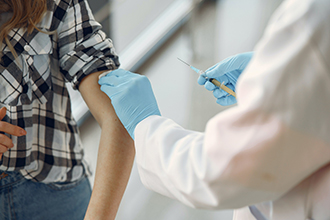
October marks the beginning of a new influenza season. During the 2021 Flu Awareness Week, the Coalition for Vaccination has launched a Statement via which European healthcare professionals encourage people, especially those belonging to an at-risk group, to adequately protect themselves from potentially serious illness by getting an influenza vaccine also this year.
In any given year, 5.15% of the population is affected by influenza, and every year there are 3.5 million cases of severe influenza and around 650.000 deaths globally. This represents a significant burden on people's health, healthcare systems and economies. Vaccination remains the most effective measure to prevent severe influenza outcomes as highlighted in the Influenza Statement of the Coalition for Vaccination.
Also, the WHO/Europe launched its annual Flu Awareness Campaign to increase influenza vaccination uptake among groups of people that are at the greatest risk of experiencing severe outcomes due to infection. These groups are older people aged over 65 years, pregnant women, people with underlying health conditions, and children under 5 years of age. Because healthcare workers can be exposed to influenza through their line of work and because they are so essential to the COVID-19 pandemic response, they are also a key target group for this year's campaign. The 2021 2022 influenza season will be the second in which influenza and COVID-19 have the potential to co-circulate.
The Coalition for Vaccination brings together European associations of healthcare professionals and relevant student associations in the field. It was convened by the European Commission in 2019 with an aim to support delivering accurate information to the public, combating myths around vaccines and vaccination, and exchanging best practices on vaccination.
Read the Influenza Statement HERE
Read the WHO/Europe Q&A on flu in the context of COVID-19 HERE
Updates linked to the Medical Device Regulations
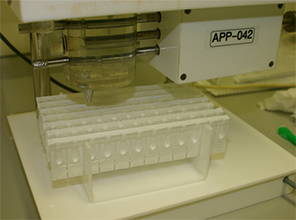
Medical devices play a fundamental role in the treatment of patients across Europe. Linked to the new medical devices Regulation (MDR) and in vitro diagnostic medical devices Regulation (IVDR), the European Commission provides on a regular basis a range of guidance documents to assist stakeholders in implementing the MDR and the IVDR. In October, guidance on the classification of medical devices, an update of the Helsinki Procedure and questions and answers on re-packaging and re-labelling activities were issued. In addition, a proposal for amending the roll-out of the IVDR was released.
On the 14th of October, the Commission issued a proposal for a progressive roll-out of IVDR. The aim of the proposed Regulation, which needs to be adopted by the European Parliament and the Council, is to smooth the transition from the current Directive 98/79/EC to the new Regulation (EU) 2017/746 in order to prevent disruption in the supply of essential in vitro diagnostic medical devices.
The Medical Device Coordination Group (MDCG) has put together a set of guidelines on the classification of medical devices, with information on the purpose and practical relevance of classification, how to carry out classification and the application of classification rules. The guidelines also contain a general explanation of the rules and of practical issues that arise, along with more in-depth explanations of individual rules. Linked to re-packaging and re-labelling obligations introduced by Article 16(2) to (4) under the MDR and the IVDR, the MDCG has created a set of questions and answers seeking to address some of the most common queries.
An updated version has been made available of the system agreed upon at the Medical Device Competent Authorities Meeting in Helsinki (Helsinki Procedure) in October 2002. The purpose of the system is to allow consultation among competent authorities on borderline and classification issues concerning medical devices and to ensure that the agreements are reflected in the Manual on Borderline and Classification for Medical Devices.
Read all about the progressive roll-out of IVDR HERE
Access the guidance on the classification of medical devices HERE
Read the Q&A on re-packaging and re-labelling activities HERE
Learn more about the Helsinki Procedure for borderline and classification under MDR/IVDR HERE
Questionnaire: Ward pharmacists in oncology

As part of her PhD project in clinical pharmacy, a member of the German Society of Hospital Pharmacists has put together a survey in order to demonstrate the benefits of a ward pharmacist in oncology and thus help to increase the patient's therapeutic safety. The project puts a specific focus on interprofessional collaboration of ward pharmacists, doctors and nursing in oncology.
To assess the impact of possible improvements and to get the most comprehensive picture possible, it is necessary to determine the current situation throughout Europe. For representative data collection, only one answer from each hospital pharmacy is allowed. Your information will be handled strictly confidential and the results will only be published anonymously. Responses can be shared until 15 December 2021. Participation only takes a few minutes and aims also at supporting pharmacists in clinics without a cytostatics department.
Access the survey via the following LINK
EJHP: Enjoy reading the November issue
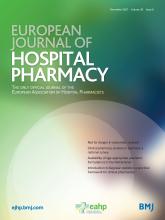
The latest issue of the European Journal of Hospital Pharmacy (EJHP) is available. The November issue features original research linked to clinical pharmacy services in Germany, the availability of age-appropriate paediatric formulations in the Netherland, the development of a sterile morphine hydrogel for the local treatment of painful skin ulcers and intravenous drug use in neonatal intensive care units. The three case reports included in this edition of the EJHP are looking at the successful treatment of interstitial pneumonitis with anakinra in a patient with adult-onset Still’s disease, the dramatic improvement of bullous pemphigoid with omalizumab in an elderly patient and a patient with ulcerative colitis treated with a combination of vedolizumab and tofacitinib.
Read the November issue HERE
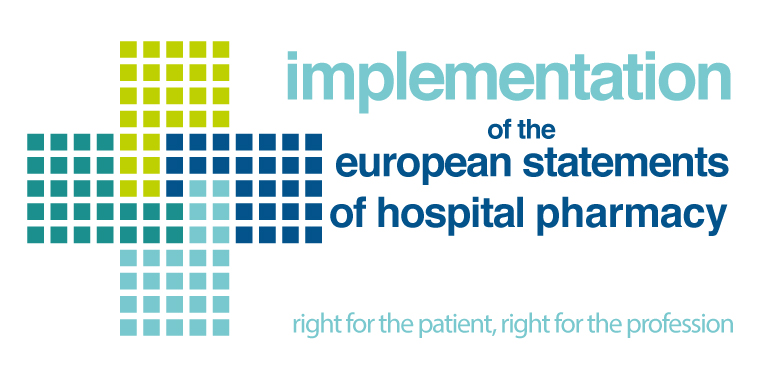
[EAHP Statement Corner]
Assess your pharmacy with EAHP’s SAT!
Since March 2018 EAHP has supported the implementation of the European Statements of Hospital Pharmacy with a self-assessment tool (SAT). EAHP’s SAT helps pharmacies across Europe to understand the level of Statement implementation. To ensure that as many hospital pharmacists as possible can use the SAT, different language versions (Czech, English, French, German, Greek, Hungarian, Italian, Polish, Portuguese, Romanian, Serbo-Croatian, Spanish and Turkish) have been made available. Talk to your chief pharmacist and encourage him/her to work with the SAT. In case you are the head of the pharmacy get your team together and complete your assessment today with the help of the SAT.
Learn more about SAT HERE

[COVID-19 Updates]
EAHP’s COVID-19 Resource Centre
To assist its member associations and individual hospital pharmacists in this critical time with the provision of the best possible care for patients, EAHP has decided to gather and make available information on COVID-19 relevant for the hospital pharmacy profession.
Access the Resource Centre HERE
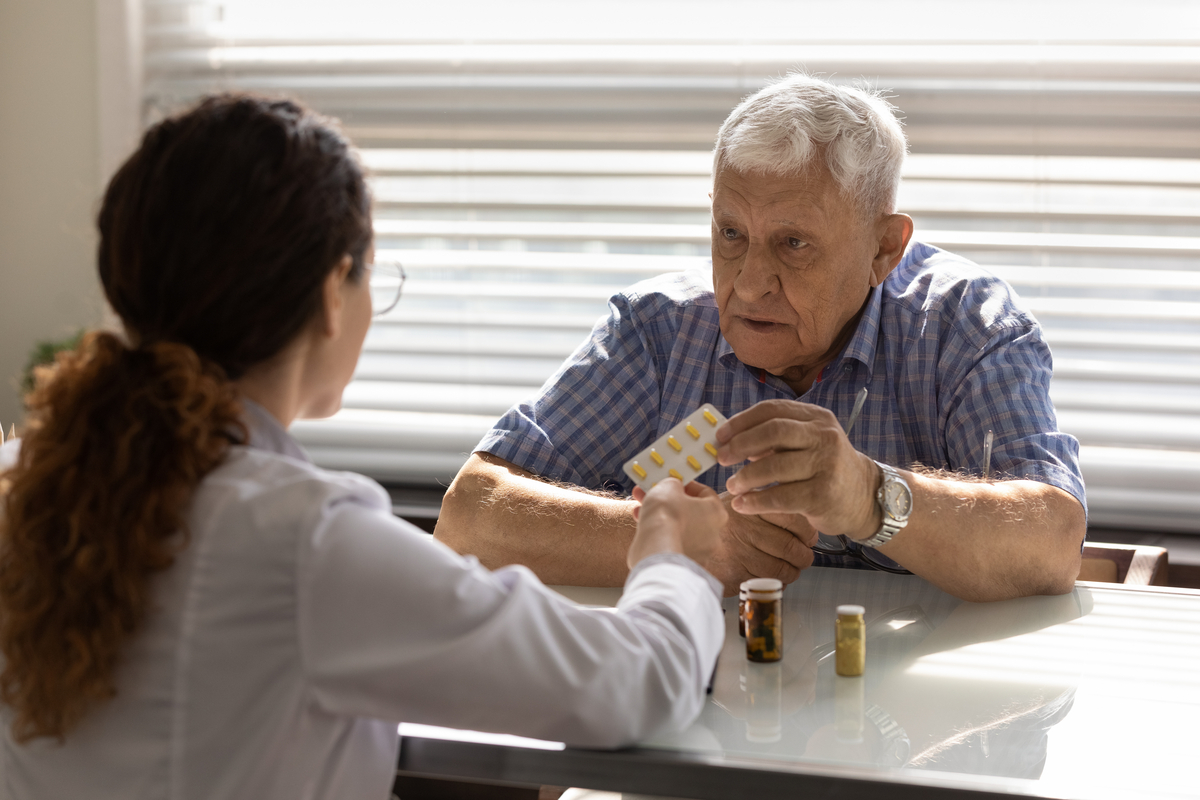
[Spotlight]
EAHP Position Paper on Access to Medicines
Ensuring that patients receive the medication they need to improve their health and to prevent and cure diseases is the key topic of EAHP’s Position Paper on Access to Medicines. Given that growing healthcare expenditure has become a problem for many European countries that also affects patients who are increasingly faced with avoidable accessibility and affordability issues, EAHP has chosen to look at the barriers to access and enablers that could help improve it.
Lack of purposeful procurement practices, national pricing and reimbursement policy choices jeopardising patients' adequate access, medicine shortages and the unavailability in certain markets that are leading to inequity between Member States are the main barriers identified in the position. For the provision of affordable medicines of good quality that are given in a timely manner to patients, EAHP advocates for breaking down these barriers to treatment access and calls for uptake of enablers that promote and safeguard the access of patients to both new life-saving medicines and older, essential medicines must be increased. Enablers mentioned refer to health technology assessments (HTAs), including common reports at EU level, collaboration and best practice sharing on pricing and reimbursement, increasing the use of prevention measures and fostering innovation and research
To achieve an equilibrium between the barriers and the enablers to treatment access, the following has been put forward by EAHP:
- Recommendation to leverage and utilise the expertise of the hospital pharmacist in pharmacoeconomics and the assessment of drug effectiveness within value-based evaluation approaches. Additionally, the implementation of the forthcoming HTA Regulation should be used for the expansion of healthcare professional input in HTAs at both European and national level.
- Support for EURIPID and the suggestion that the tool developed by this collaboration should not only be applied on its own but in conjunction with other policy measures, including transparency.
- Collaboration between hospital managers and hospital pharmacists to increase the uptake of risk assessments in hospitals.
- Investments to support the development of innovative proposals and the encouragement of practice-based research projects to investigate new fields of infectious disease control such as immunotherapy and to optimise the cost-effectiveness of systems for surveillance on antibiotic use and resistance.
In relation to the developments linked to the European Health Union aided by the implementation of the Pharmaceutical Strategy, EAHP underlined its commitment to working together with the European institutions and other stakeholders by giving a voice to access issues that otherwise might be forgotten.
Read the Position Paper on Access to Medicines HERE
[Consultations]
European Commission – Public consultation on the revision of the general pharmaceutical legislation
This public consultation aims to collect views of stakeholders and the general public in order to support the evaluation of the existing general pharmaceutical legislation and the impact assessment of its revision. It builds further on the public consultation conducted for the preparation of the pharmaceutical strategy for Europe.
Deadline – 21st December 2021
Access the consultation HERE




